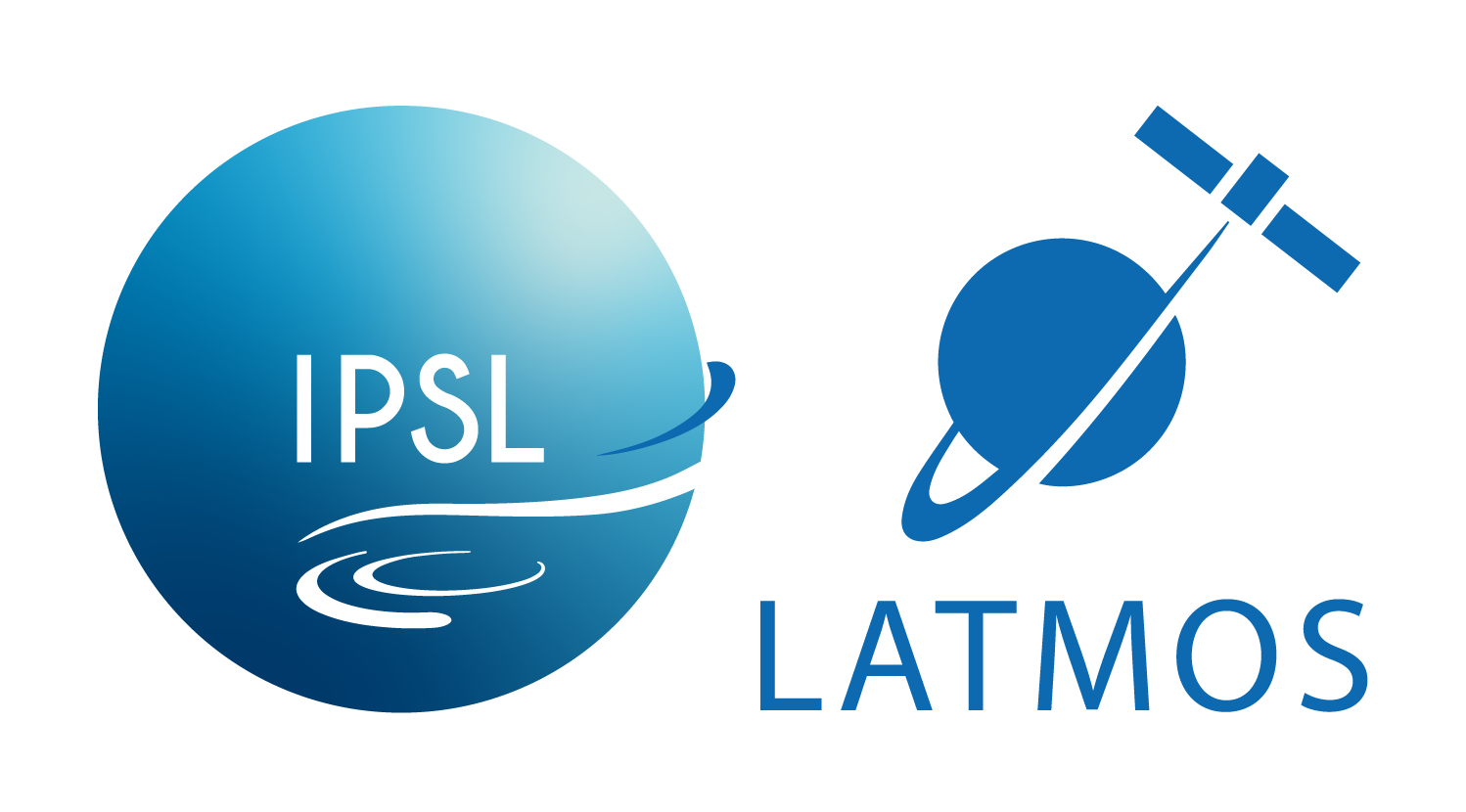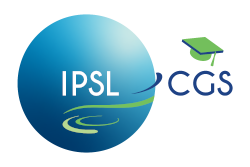Rechercher une offre

 02-10-2025
02-10-2025
 Se ferme:
22-01-2026
Se ferme:
22-01-2026
 Vues: 51
Vues: 51

Climate change is increasing the frequency and intensity of extreme events such as wildfires, volcanic eruptions, urban pollution, and heatwaves, with major impacts on health, ecosystems, and the economy. Satellite remote sensing is a key tool for monitoring these phenomena. Since 2007, the IASI instrument (Infrared Atmospheric Sounding Interferometer), onboard the Metop satellites, has been providing infrared measurements of atmospheric composition with high spectral resolution. It can detect several trace gases, such as sulfur dioxide (SO₂) from volcanic eruptions, carbon monoxide (CO) and ammonia (NH₃) from biomass burning, ozone (O₃) from urban pollution. The recent launch of IASI-NG in August 2025 further improves observation capabilities with enhanced resolution and sensitivity. However, the increasing volume and complexity of data requires advanced automatic methods, particularly those based on artificial intelligence (AI), to efficiently detect and classify such events.
At LATMOS, near-real-time detection methods have been developed using IASI observations, with promising results for events like fires and volcanic eruptions. However, these approaches face limitations due to atmospheric variability and spectral complexity.
In this context, the proposed internship aims to build a spectral atlas of volcanic eruptions observed by IASI between 2007 and 2025, focusing on SO₂ signatures validated using independent datasets. This atlas will serve as a key resource for developing a future AI-based detection system capable of exploiting both historical IASI data and new IASI-NG observations.
While this internship focuses on volcanic eruptions, a second topic may be proposed in parallel, dedicated to the detection of wildfire events. Candidates interested in this complementary theme are encouraged to apply
Note: A second internship opportunity may be opened in parallel, focusing on wildfire detection using IASI data. Candidates interested in this complementary topic are welcome to apply to one or both subjects.
Internship tasks
- Compile volcanic eruption data from recognized sources such as GVP (Global Volcanism Program) and VAAC (Volcanic Ash Advisory Centers).
- Match these events with IASI overpasses and extract the corresponding level 1 spectra, applying quality filters (clouds, solar angle, etc.).
- Identify SO₂ spectral signatures and validate them using IASI level 2 products and independent satellite observations (e.g., TROPOMI).
- Analyze the variability of signatures by location, season, and eruption strength.
- Organize the results into a documented, geolocated database that can be used to train future AI detection models.
Prerequisites
- Master’s level (M2) in atmospheric science, atmospheric chemistry, remote sensing, or related field
- Programming skills (Python, Matlab or similar) and experience with Linux environments
- Knowledge of satellite data processing is a strong plus
- Strong reading and writing skills in scientific English
